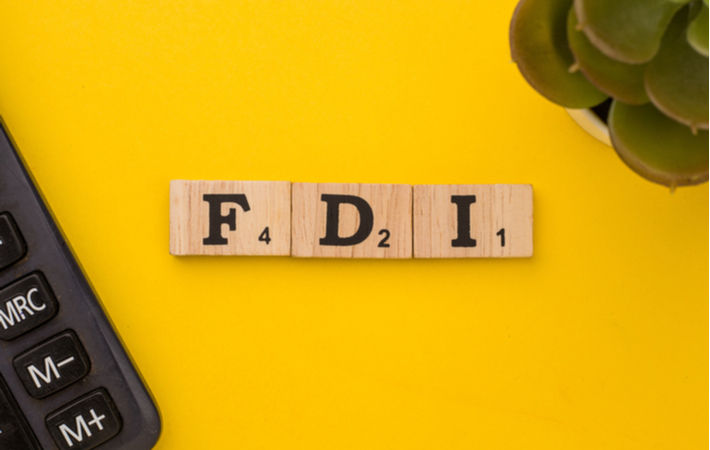Foreign direct investment (FDI) flows to Africa declined by 16 per cent in 2020 to $40 billion—a level last seen 15 years ago—as the pandemic continued to have a persistent and multi-faceted negative impact on cross-border investment globally and regionally, according to the World Investment Report 2021 by the United Nations Conference on Trade and Development (UNCTAD).
Greenfield project announcements, key to industrialisation prospects in the African region, dropped by 62 per cent to $29 billion, while international project finance plummeted by 74 per cent to $32 billion. Cross-border mergers and acquisitions (M&As) fell by 45 per cent to $3.2 billion.Foreign direct investment flows to Africa declined by 16 per cent in 2020 to $40 billion—a level last seen 15 years ago—as the pandemic continued to have a persistent and multi-faceted negative impact on cross-border investment globally and regionally, according to the World Investment Report 2021 by the United Nations Conference on Trade and Development.#
The FDI downturn was most severe in resource-dependent economies because of both low prices of and dampened demand for energy commodities.
UNCTAD projects that FDI in Africa will increase in 2021, but only marginally. An expected rise in demand for commodities, the approval of key projects and the impending finalisation of the African Continental Free Trade Area (AfCFTA) agreement’s Sustainable Investment Protocol could lead to investment picking up greater momentum beyond 2022.
FDI inflows to North Africa contracted by 25 per cent to $10 billion, down from $14 billion in 2019, with major declines in most countries. Egypt remained the largest recipient in Africa, although inflows fell by 35 per cent to $5.9 billion in 2020.
Inflows to sub-Saharan Africa decreased by 12 per cent to $30 billion. Despite a slight increase in inflows to Nigeria from $2.3 billion in 2019 to $2.4 billion, FDI to West Africa decreased by 18 per cent to $9.8 billion in 2020.
Central Africa was the only region in Africa to register a stable FDI in 2020, with inflows of $9.2 billion compared with $8.9 billion in 2019. Increasing inflows in the Republic of Congo (by 19 per cent to $4 billion) helped prevent a decline.
FDI to East Africa dropped to $6.5 billion, a 16 per cent decline from 2019. Ethiopia, which accounts for more than a third of foreign investment to East Africa, registered a 6 per cent reduction in inflows to $2.4 billion.
FDI to Southern Africa decreased by 16 per cent to $4.3 billion even as the repatriation of capital by multinational corporations in Angola slowed down. Mozambique and South Africa accounted for most inflows in Southern Africa.
Foreign investment in Africa directed towards sectors related to the Sustainable Development Goals (SDGs) fell considerably in 2020. Renewable energy was an outlier, with international project finance deals increasing by 28 per cent to $11 billion.
Amid the slow roll-out of vaccines and the emergence of new COVID-19 strains, significant downside risks persist for foreign investment to Africa, and the prospects for an immediate substantial recovery are bleak.
Fibre2Fashion News Desk (DS)
